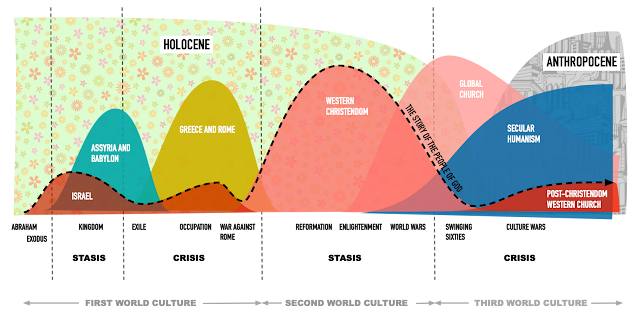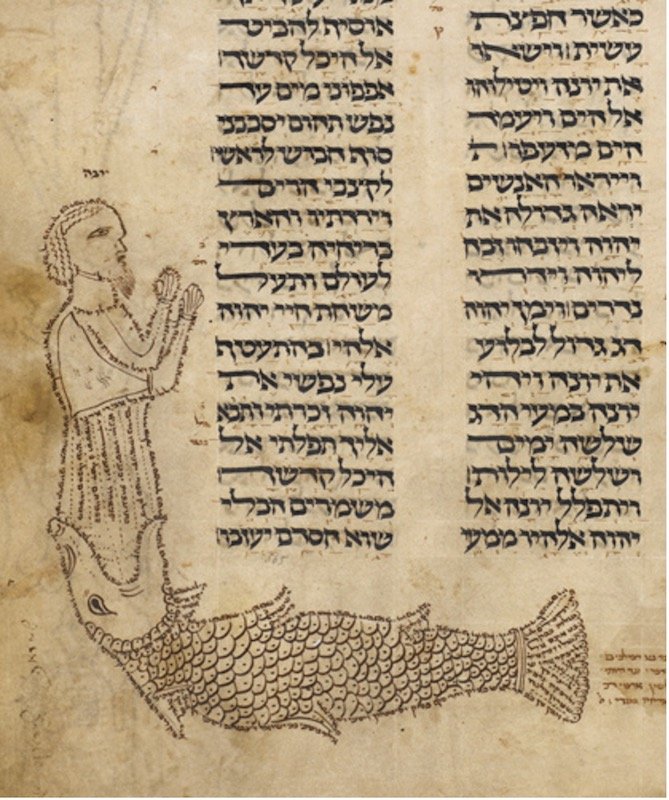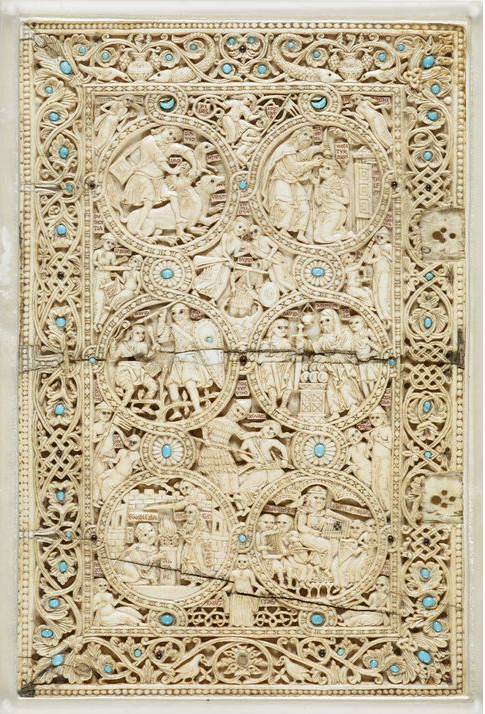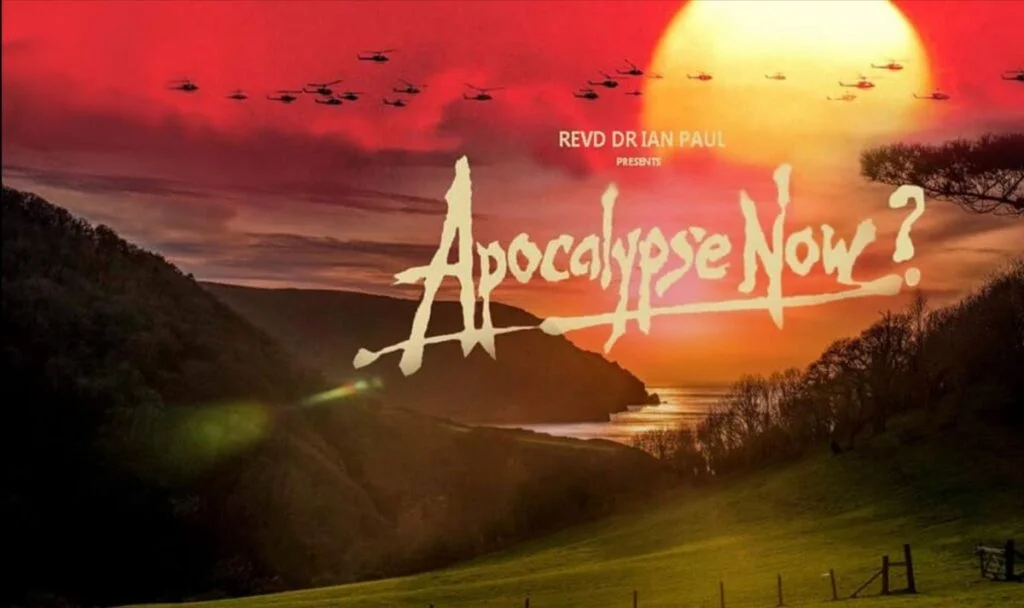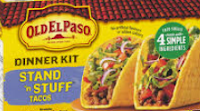 |
| Evensong Lesson for the second Sunday after Pentecost (pdf) |
Here is the first time I have noted the joy of the relative pronoun in the music. Normally, the pronoun is not emphasized, but it has the same sound and letters in Hebrew as asheri - the word expressing joy and happiness, the opening word of the many beatitudes of both Old and New Testament.
How will an English reader put across the joy of the relative pronoun without performing this in some way? (Or if he is old, having a younger singer perform it.)
Also in this lesson are lowly prepositions, passed over as understood in the English assumptions of our hearing, but they too are pregnant with sense. Just consider verse 3: No one, not even Young's so-called literal translation (impossible term) uses 'in' for the prefixed 'b' of בַּֽיהוָה֙ אֱלֹהֵ֣י bihvh alohi.
Why not? Because English uses swear with the preposition on or by or against - all of which might be glosses for 'b', but the dominant gloss for 'b' is 'in', and it is very suitable for this usage.
Full text of the lesson
| brawit cd | Genesis 24 |
| a vabrhm zqn ba bimim vihvh birç at-abrhm bcol | 1 And Abraham was old when it comes to days, and Yahweh blessed Abraham in everything. |
| b viamr abrhm al-ybdo zqn bito hmowl bcl-awr-lo wim-na idç tkt irci | 2 And Abraham said to his servant, the eldest of his house, the governor of all that was his, Set, if you will, your hand under my thigh. |
| g vawbiyç bihvh alohi hwmiim valohi harx awr la-tiqk aiwh lbni mbnot hcnyni awr anoci iowb bqrbo | 3 And I will have you swear in Yahweh the God of the heavens, and the God of the land, that you will not take a wife for my son from the daughters of the Canaanite among whom I have settled. |
| d ci al-arxi val-moldti tlç vlqkt aiwh lbni lixkq | 4 For to my land and to my kindred you will go, and take a wife for my son, for Yitschaq. |
| h viamr aliv hybd aulii la-tabh haiwh llct akrii al-harx hzat hhwb awib at-bnç al-harx awr-ixat mwm | 5 And the servant said to him, Perhaps the woman would not consent to walk after me to this land, must I have your son return to the land from which you came forth? |
| v viamr aliv abrhm hiwmr lç pn-twib at-bni wmh | 6 And Abraham said to him, Keep watch for yourself lest you return my son there. |
| z ihvh alohi hwmiim awr lqkni mbit abi umarx moldti vawr dibr-li vawr nwby-li lamor lzryç atn at-harx hzat hua iwlk mlaco lpniç vlqkt aiwh lbni mwm | 7 Yahweh, the God of the heavens, who took me from the house of my father and from the land of my kindred, and who spoke to me and who swore to me, saying, To your seed I will give this land, he will send his angel before you, and you will take a wife for my son from there. |
| k vam-la tabh haiwh llct akriç vniqit mwbuyti zat rq at-bni la twb wmh | 8 And if the woman will not consent to walk after you, then you will be exempted from this oath. Certainly do not bring my son back there. |
| 't viwm hybd at-ido tkt irç abrhm adoniv viiwby lo yl-hdbr hzh | 9 And the servant put his hand under the thigh of Abraham his master, and swore to him concerning this matter. |
| i viiqk hybd ywrh gmlim mgmli adoniv vilç vcl-'tub adoniv bido viqm vilç al-arm nhriim al-yir nkor | 10 And the servant took ten camels from the camels of his master and he went. (For all the good of his master was in his hand). And he arose and he went to the Aramaean rivers, to the city of Nahor. |
| ia vibrç hgmlim mkux lyir al-bar hmim lyt yrb lyt xat hwoabot | 11 And he made the camels kneel outside of the city by a well of the waters, at the time of evening, at the time to emerge to draw water. |
| ib viamr ihvh alohi adoni abrhm hqrh-na lpnii hiom vywh-ksd ym adoni abrhm | 12 And he said, Yahweh, the God of my master Abraham, let it transpire, if you will, in my presence today, and do kindness with my master Abraham. |
| ig hnh anoci nixb yl-yin hmim ubnot anwi hyir ioxaot lwaob mim | 13 Behold I will take a stand over the spring of water, and the daughters of those of the city will emerge to draw water. |
| id vhih hnyrh awr aomr alih h'ti-na cdç vawth vamrh wth vgm-gmliç awqh aoth hockt lybdç lixkq ubh ady ci-ywit ksd ym-adoni | 14 And let it be the lass to whom I say, Stretch out please your pitcher that I may imbibe, and she says, Imbibe, and also I will let your camels drink. Let her be the one who is correct for your servant, for Yitschaq, and in her I will know that you have done kindness with my master. |
| 'tv vihi-hua 'trm cilh ldbr vhnh rbqh ioxat awr iuldh lbtual bn-mlch awt nkor aki abrhm vcdh yl-wcmh | 15 And it happened before he finished speaking, and behold Rebekah emerged, who was born to Bethuel, son of Milcah, wife of Nahor, brother of Abraham, and her pitcher over her backside. |
| 'tz vhnyrh 'tobt mrah maod btulh vaiw la idyh vtrd hyinh vtmla cdh vtyl | 16 And the lass was very good of appearance, a virgin, and no man had known her, and she came down toward the spring and filled her pitcher, and came up. |
| iz virx hybd lqrath viamr hgmiaini na my't-mim mcdç | 17 And the servant raced to encounter her, and he said, Let me gulp, please, a little of the water from your pitcher. |
| ik vtamr wth adoni vtmhr vtord cdh yl-idh vtwqhu | 18 And she said, Imbibe my Lord, and she was swift and brought down her pitcher onto her hand and gave him to drink. |
| i't vtcl lhwqoto vtamr gm lgmliç awab yd am-cilu lwtot | 19 And when she finished letting him drink, she said, Also for your camels I will draw, till even they have finished imbibing. |
| c vtmhr vtyr cdh al-hwoqt vtrx yod al-hbar lwaob vtwab lcl-gmliv | 20 And she was swift, and she upended her pitcher into the flume, and raced further to the well to draw, and she drew for all his camels. |
| ca vhaiw mwtah lh mkriw ldyt hhxlik ihvh drco am-la | 21 And the man in a commotion for her, kept silent to know, Did Yahweh prosper his way or not. |
| cb vihi cawr cilu hgmlim lwtot viiqk haiw nzm zhb bqy mwqlo uwni xmidim yl-idih ywrh zhb mwqlm | 22 And it happened that as the camels finished imbibing, that the man a took gold earring, a bekah its weight, and two circlets for her hands, ten shekels weight of gold. |
| cg viamr bt-mi at hgidi na li hiw bit-abiç mqom lnu llin | 23 And he said, Whose daughter are you? Tell me please. Is there in the house of your father a place for us to lodge? |
| cd vtamr aliv bt-btual anoci bn-mlch awr ildh lnkor | 24 And she said to him, I am the daughter of Bethuel, son of Milcah, to whom she gave birth for Nahor. |
| ch vtamr aliv gm-tbn gm-mspoa rb yimnu gm-mqom llun | 25 And she said to him, both straw, and also silage in abundance, we have, also a place to lodge. |
| cv viiqod haiw viwtku lihvh | 26 And the man bowed his head, and prostrated himself to Yahweh. |
| cz viamr bruç ihvh alohi adoni abrhm awr la-yzb ksdo vamito mym adoni anoci bdrç nkni ihvh bit aki adoni | 27 And he said, Blessed is Yahweh, the God of my master Abraham, who has not forsaken his kindness and his truth with my master. I, on the journey, Yahweh guided me to the house of the brother of my master. |




